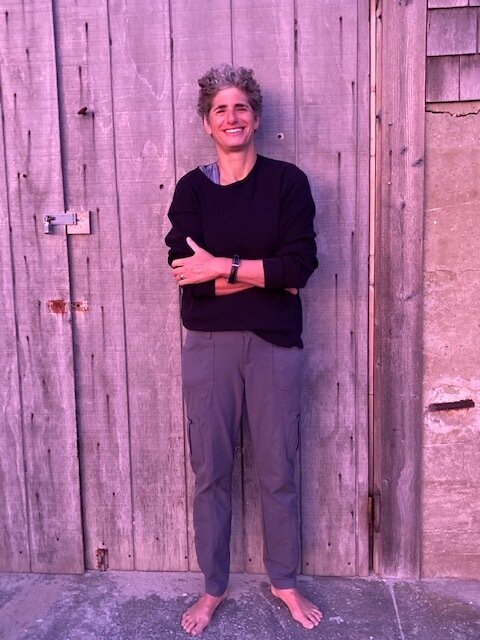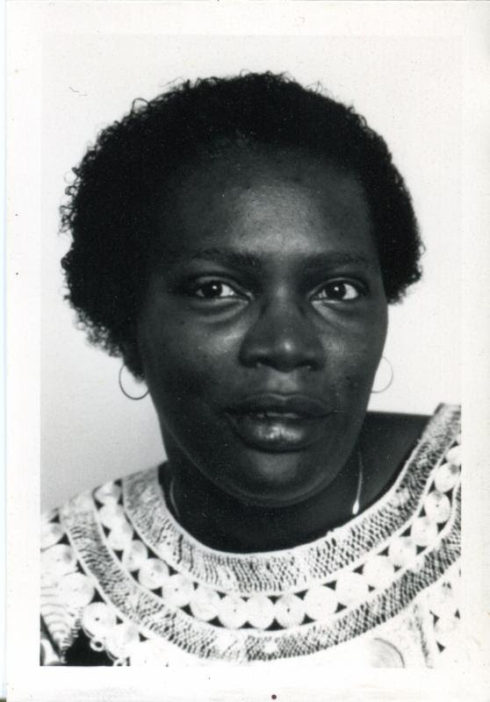All Hallows’ Eve
1
In our Church, we who are not male gendered persist in trying to get our messages through to hierarchical powers. Like the people who never acknowledge or reply to our phone or text messages, however, they “ghost” us. They vanish, and they banish us.
Andrea Cohen in her poem Ghosting tells us just how much they misunderstand ghosts:
How cavalier people are— with language and with silence. Any ghost will tell you— the last thing we mean to do is leave you.
The more you disappear – or disappear us – Church leaders, the more substantial you make us, and the more clearly we see you. By acting as if you are leaving us behind by your brushoffs and silence, your true selves are only coming closer unmasked and – beware – within reach.
2
So many of us struggle to listen and hear and understand people of different genders, races, class, cultures, backgrounds. Here is the beginning of a poem by Pat Parker titled:
For the white person who wants to know how to be my friend :
The first thing you do is to forget that i’m Black. Second, you must never forget that i’m Black.
It’s that challenging. It’s that difficult. It’s that complex. And so, we have to work on it together, equal in the most profound of senses and in every way. Enough said.
3
Many months ago, I wrote about Loyola University in Baltimore making the decision to remove the name of the renowned Catholic author, Flannery O’Connor, from a dorm which housed primarily Black women because private letters O’Connor had written to a friend decades ago had contained racist remarks. I quoted arguments in the press both for and against the removal, and finally, although with some qualms, came down on the side of the those who agreed with the change of name. My brother disagreed with the university’s and my own decision, and I posted his argument, too. This past week he sent a follow-up which he titled “Scrubbing Genius”.
This summary and quotation (lifted from the NYT Book Review) shows why Flannery O’Connor’s name should still be on that building at Loyola of Baltimore:
In “Greenleaf,” the great story of a woman killed by the bull that her impossibly inefficient farmhand, Greenleaf, is always letting out, the woman stares at the “violent black streak bounding toward her as if she had no sense of distance, as if she could not decide at once what his intention was, and the bull had buried his head in her lap, like a wild tormented lover, before her expression changed. … She had the look of a person whose sight has been suddenly restored but who finds the light unbearable.”
The magnificence of the writing itself is breathtaking. The magnificence of her insight into race, revelation, and the torment inherent in the process of the soul’s redemption is even more so. Even if we are not currently attending a university, we have so much to learn, and she is a magnificent teacher. We need not fear keeping her name prominently before us. We need all the wisdom we can glean for this struggle.
4
All Hallows’ Eve is not all about fright and evil and darkness. It is still a vigil night ushering in the day for honoring saints. Ariana Grande’s song Ghostin acknowledges both pain and promise with these lyrics:
We'll get through this, we'll get past this, I'm a girl with
A whole lot of baggage
But I love you, we'll get past this …


